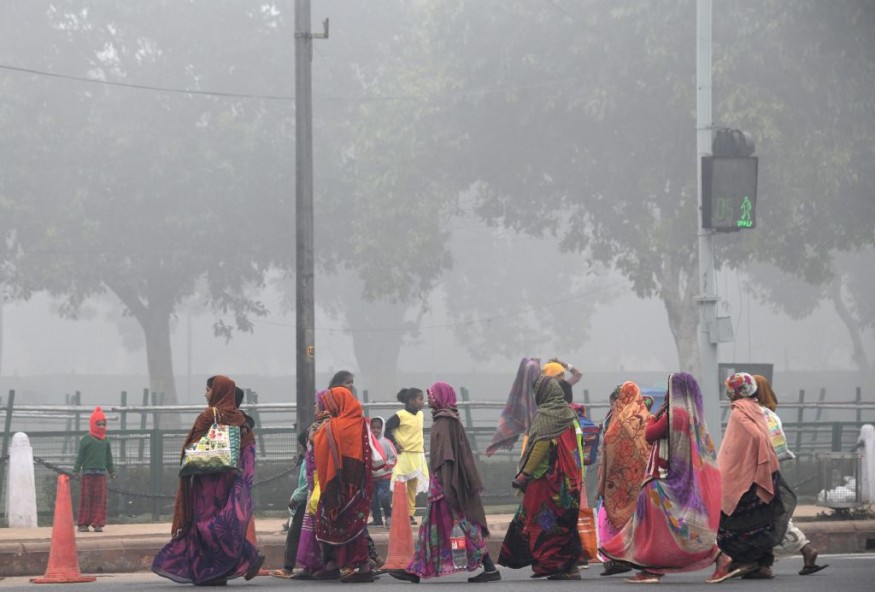
Nearly all of the world's population does not breathe air that meets the standard quality, causing millions of deaths every year which could have been prevented. According to U.N. health agency, the poor air quality is attributed to fossil-fuel use and many other sources such as transportation, power plants, agriculture, burning of waste - even natural sources like desert dust.
The World Health Organization has tightened its guidelines on air quality for about six months now. In an update issued on Monday, WHO says 99 percent of the world's population breathes poor-quality air, NBCNews reported, with Eastern Mediterranean and Southeast Asia regions having the poorest, followed by Africa. That is almost the entire world's population breathing unhealthy levels of air and fine particulate matter.
"After surviving a pandemic, it is unacceptable to still have 7 million preventable deaths and countless preventable lost years of good health due to air pollution," said Dr. Maria Neira, head of WHO's department of environment, climate change and health. "Yet too many investments are still being sunk into a polluted environment rather than in clean, healthy air."
Saving the World Means Major Changes
WHO noted that fossil fuels are responsible for most of the harmful emissions linked to acute and chronic sickness, which is why they focus on tangible steps to curb their use, bracing for major changes if we have to. Governments are also urged to make significant revisions to its air quality indicators, including for particulate matter, known as PM2.5.
"Particulate matter, especially PM2.5, is capable of penetrating deep into the lungs and entering the bloodstream, causing cardiovascular, cerebrovascular (stroke) and respiratory impacts," WHO said. "There is emerging evidence that particulate matter impacts other organs and causes other diseases as well."
In order to curb air pollution, the world may need to change a few things in their lifestyle to shift away from fossil fuels, such as using electric vehicles, massive scaling-up of green energy, and households separating their types of waste, said Anumita Roychowdhury, an air pollution expert at Center for Science and Environment, a research and advocacy organization in New Delhi.
An Effort to Combat the Invisible Danger
According to UN News, 4.2 million people die from exposure to outdoor air pollution, in addition to the 3.8 million preventive deaths linked to household smoke from dirty stoves and fuels. Moreover, WHO's mathematical modelling of available air pollution data from 80 per cent of the world's urban areas shows that almost everyone is susceptible to increased risk of heart disease, stroke, lung disease, cancer and pneumonia.
Nonetheless, the UN health agency believes that a "momentum has been growing for better air quality" everywhere in the last decade, with proof from more than 6,000 cities in 117 countries now monitoring air quality. Even the lower and middle-income countries most exposed to air pollution and least covered in terms of air quality measurement have seen improvements, according to WHO.
This 7 April marks the 2022 World Health Day, which will focus on attending global and urgent actions the planet needs to become healthy again, while fostering a movement to create societies focused on well-being.
© 2025 NatureWorldNews.com All rights reserved. Do not reproduce without permission.





